There’s a saying in Ireland – “The Brits are at it again.”
It points out the frequency with which the British establishment lazily insults Irish heritage and culture through a well-trodden combination of ignorance, arrogance and pomp.
Like when they claim ownership of Colin Farrell and Rachael Blackmore.
Or wave the Irish Tricolour as part of the UK Jubilee celebrations.
Basically it’s when they forget about that small, little-known, 800-year war against colonial oppression that still divides part of Ireland today.
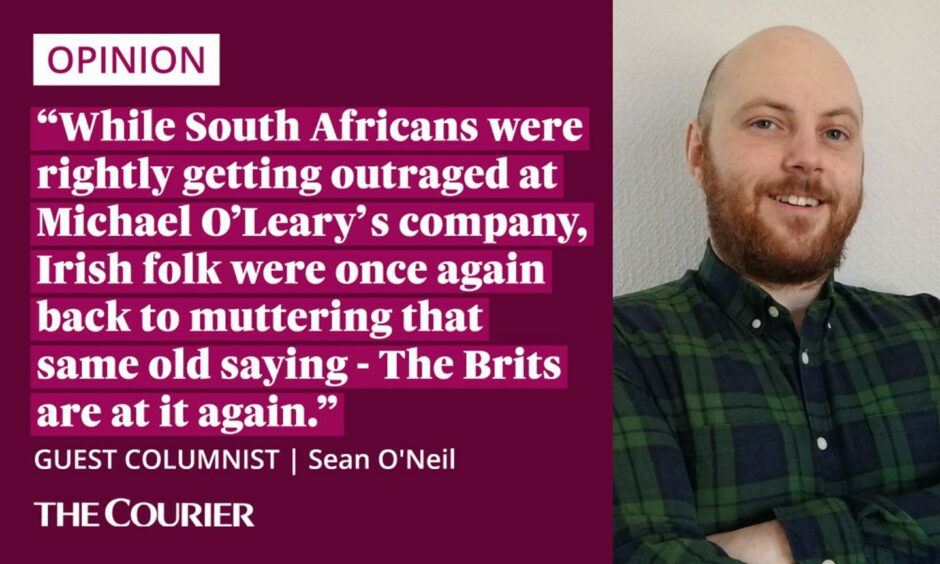
And yes, I know – who can expect the British establishment to remember the heritage and culture of everywhere Britain has invaded?
(It’s a lot of places)
But remembering, and respecting, history is important.
Which is what makes Ryanair’s vaguely-racist Afrikaans questionnaire all the more galling.
The Irish airline, which seems to value suitcases and humans as equals, has asked South African customers to take a general knowledge quiz to prove they’re not flying on fraudulent passports.
Ryanair Afrikaans quiz uses language of Apartheid
Obviously it sounds problematic from the outset – to be singling out one nationality for the ‘prove you’re not a criminal’ questionnaire.
And then they made it worse.
Ryanair, presumably drunk on small £5 cans of Heineken, decided to write the quiz in Afrikaans.
Afrikaans is seen by many South Africans as the language of Apartheid, imposed by the white-minority.
It’s also only the country’s third most spoken language.
Imagine the levels of extreme ambivalence towards a nation it takes to conduct that quiz.
To test a people’s knowledge of their own country by organising a quiz so offensive to them that one of the main parameters for passing the quiz should be that they are offended by it.
We’ve had mansplaining, this is Afrikaansplaining.
For many in South Africa, Afrikaans isn't just a language. It was used to oppress black South Africans in many instances & was one of the reasons for the 1976 Soweto uprising. Ryanair apparently defends their Afrikaans test for South African passengers. Quite insensitive!
— Siphumelele Zondi (@SZondi) June 7, 2022
And as an Irish airline Ryanair should know the anger and frustration such careless ignorance of history and culture can cause.
Because while South Africans were rightly getting outraged at Michael O’Leary’s company, Irish folk were once again back to muttering that same old saying –
“The Brits are at it again.”
Outrage over Irish slur at Jubilee celebrations
This time it was due to the somewhat offensive term Mick being used on national TV as part of the Jubilee celebrations.
As things kicked off last Thursday during the Trooping of the Colour, former army officer Jamie Lowther-Pinkerton described the Irish Guards display as “a great Mick cocktail”.
He then followed up with a comment on the “irrational” Irish.
But before any Irish people were allowed to get outraged by the slur being used three times in quick succession on national TV – it was quickly explained away.
The year is 2022… and a BBC presenter and someone from the British Army are explaining why “micks” actually isn’t an offensive term for Irish people… 🙄🤦♂️ pic.twitter.com/OZpfwOmAAP
— Joe Dwyer (@JoeEDwyer) June 2, 2022
Mick is an affectionate term for the Irish Guards you see. It’s what they call themselves.
Hell, Jamie Lowther-Pinkerton was one and he loves the name.
Any negative connotations are long gone, they said.
It’s like that Ryanair Afrikaans quiz all over again
The only problem with that of course is that the Irish Guards are a regiment of the British Army.
And if there is one group that Irish people don’t want deciding what is and what isn’t offensive to them, it’s probably the British Army.
That would be like a white man telling a black South African to forget about Apartheid and just do his damn quiz in Afrikaans.
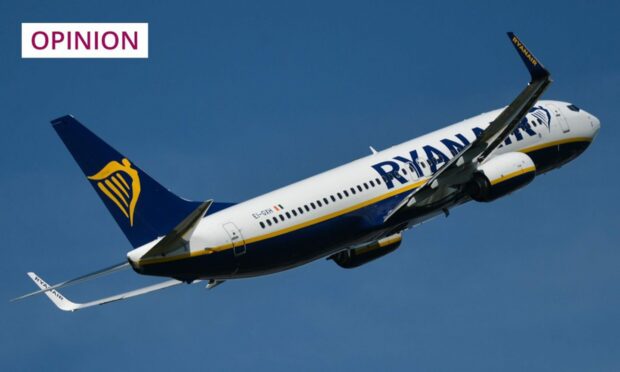
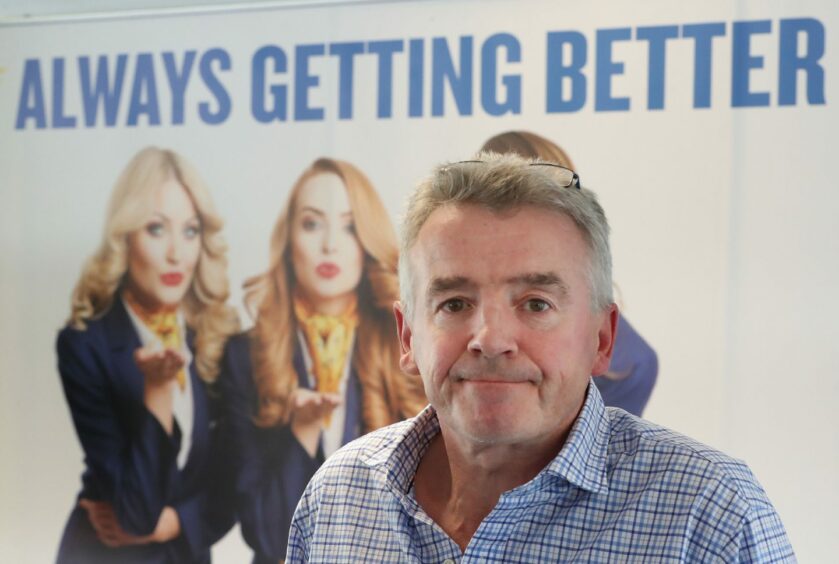
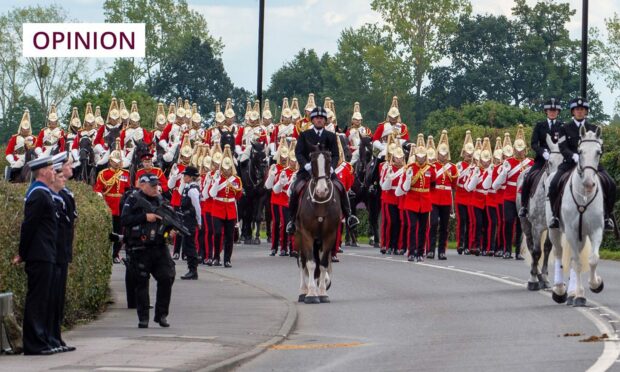
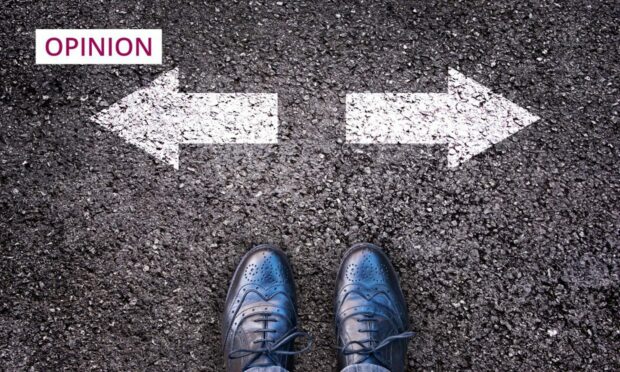
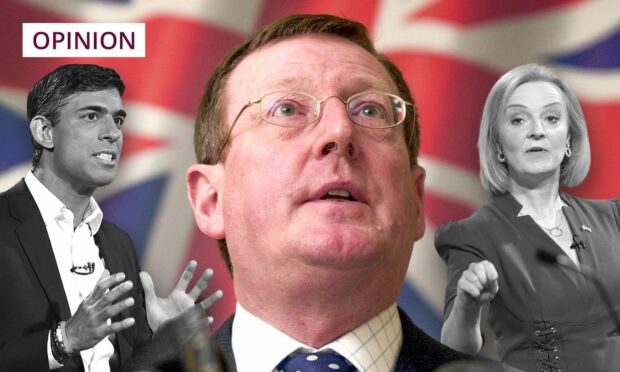
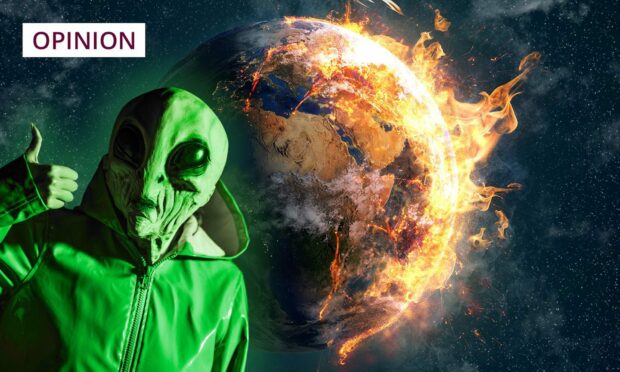
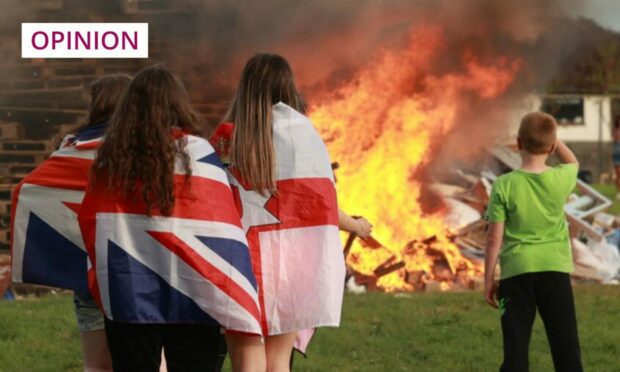
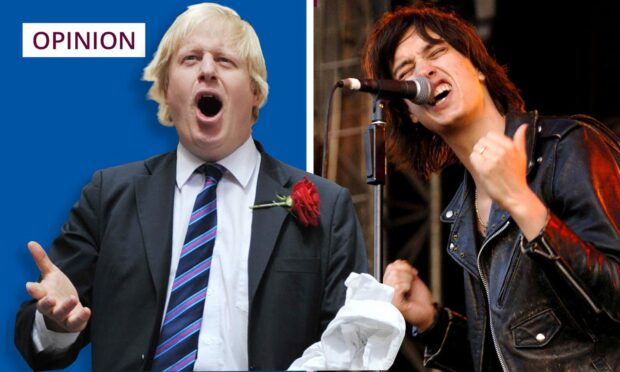










Conversation